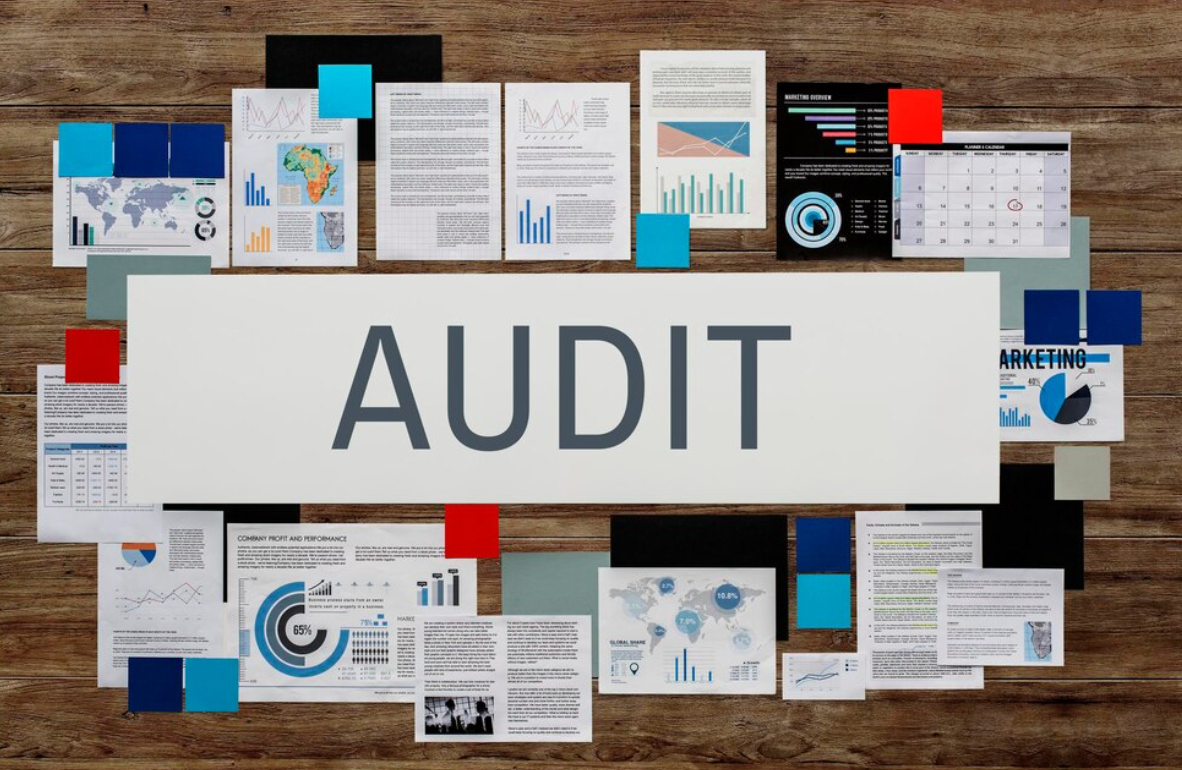Attribution vs Market Salary rules

The introduction of the 39% tax rate for individuals who earn over $180,000 from 1 April 2021 has reignited Inland Revenue’s interest in the income attribution and market salary regimes. These rules currently prevent a person from having income earnt from individual efforts or “personal services” taxed through an associated entity at a lower tax rate. With an 11% difference between the top individual tax rate and the NZ company tax rate, the application of these rules is likely to be closely scrutinised in upcoming years.
The attribution rules will generally apply when a taxpayer who earns income of more than $70,000 from personal services inserts an associated entity between themselves and the party acquiring their services. These rules do not strictly apply if the associated entity derives income from numerous, unrelated parties, provided one party does not make up 80% or more of the entity’s income.
For example, compare the two scenarios:
1. Paul contracts Sarah Limited for $200,000 – all the services are performed by Sarah, and Paul is Sarah Limited’s only client.
2. Four non-associated individuals: Paul, Eugene, Rebecca and John, each contract Sarah Limited for $50,000 each – all the services are performed by Sarah.
The income attribution rules would only apply to scenario 1 above, forcing Sarah to return all of Sarah Limited’s net income in her personal tax return.
However, in the second scenario, although the income attribution rules do not apply, the market salary principles still need to be considered to determine the amount of income to return in Sarah’s personal tax return.
The Supreme Court established the leading precedent in the case of Penny & Hooper v Commissioner of Inland Revenue (2009) that a failure to pay a “commercially realistic salary” for services rendered is an important consideration in determining whether an arrangement amounts to tax avoidance.
Revenue Alert 21/01, released on 29 March 2021 ahead of the increase in the top marginal tax rate, also provides further guidance, and states that Inland Revenue is more likely to examine arrangements where the salary paid from an entity to an associated working individual is less than 80% of the entity’s net income. While this is not a legislated de minimis rule, it suggests it is unlikely Inland Revenue will challenge the amount of an individual’s salary if the 80% threshold is met. On the other hand, not meeting the threshold should not automatically amount to tax avoidance.
Both the attribution and market salary regimes should be kept in mind when determining salary levels. People don’t often appreciate that there is both a specific set of income attribution provisions to consider and a separate market salary principle as per ‘Penny & Hooper’.












